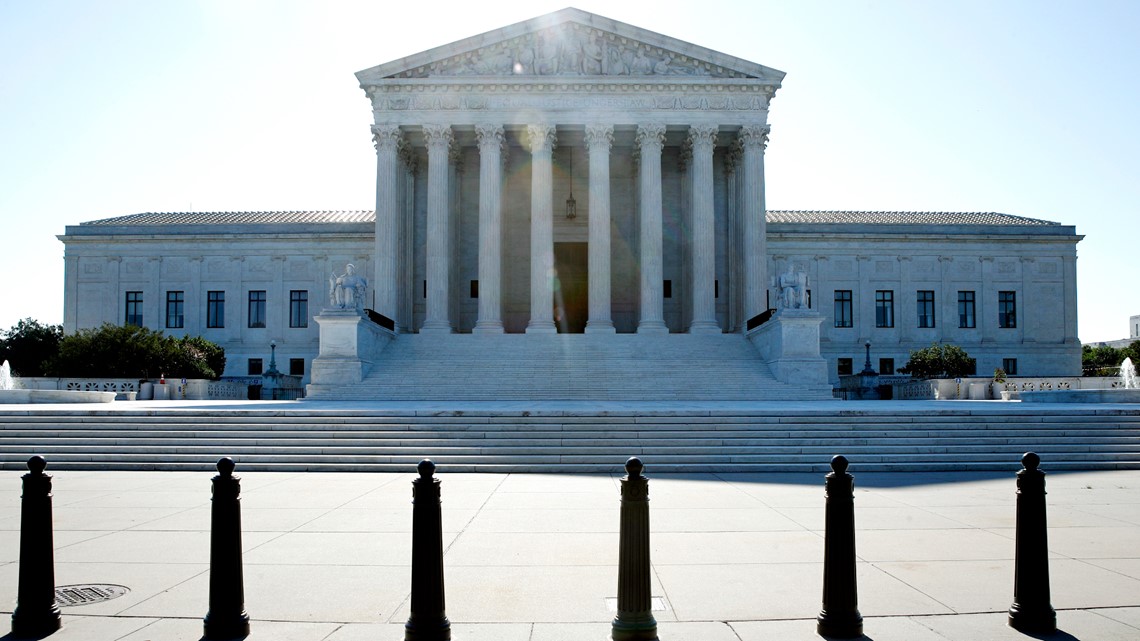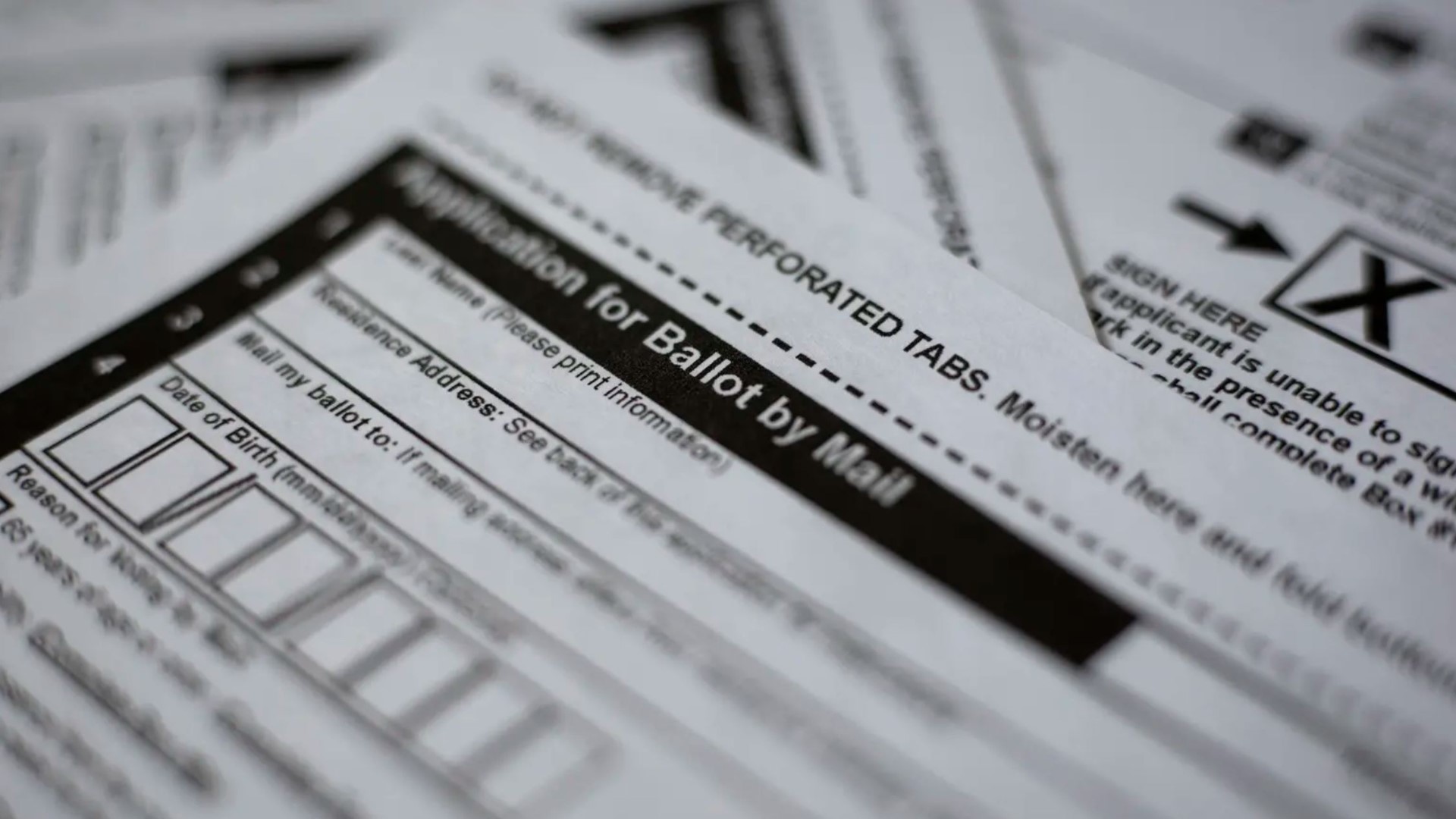MONTGOMERY, Ala — The U.S. Supreme Court in a 5-4 decision Thursday blocked a lower court ruling allowing curbside voting in Alabama and waiving some absentee ballot requirements during the COVID-19 pandemic.
Conservative justices granted Alabama’s request to stay a federal judge’s order that would allow local officials to offer curbside voting in the July runoff and loosen absentee ballot requirements in three of the state’s large counties. The order will remain stayed while the court decides whether to hear Alabama’s appeal.
Alabama Attorney General Steve Marshall said he was pleased the court acted quickly so that Alabama voting rules remain in place for the July 14 runoff.
“Alabama is again able to enforce laws that help ensure the fairness and integrity of our elections," the Republican said.
The court rulings stem from a lawsuit filed by the NAACP Legal Defense and Educational Fund, the Southern Poverty Law Center and the Alabama Disabilities Advocacy Program. A group of voters had sought more voting options because of health concerns.
U.S. District Judge Abdul K. Kallon last month issued a preliminary injunction after finding that Alabama’s election rules will cause sick or elderly voters to “likely face a painful and difficult choice between exercising their fundamental right to vote and safeguarding their health, which could prevent them from casting a vote in upcoming elections.”
Kallon said Alabama can’t prevent local election officials from offering curbside voting at in-person polling locations in the July 14 runoff. Kallon also ruled Alabama can’t require some absentee ballot voters in three counties to submit photocopies of their identification and witness signatures if it is dangerous for them to get out during the pandemic because of their age and underlying health conditions.
The three counties are where plaintiffs in the lawsuit live.
Alabama appealed the decision. The state argued that it would be confusing to change absentee ballot rules in three of Alabama’s 67 counties and that curbside voting would be a major change done right before the election.
The state also argued that Alabama’s rules are needed to combat voter fraud and are not unreasonable.


“But this dichotomy between voting and safety is false, even during COVID-19. The individual plaintiffs in this case regularly see at least one other person. Can they really not find a safe way to have a second person watch them sign a piece of paper?” lawyers for the state wrote in their petition to the Supreme Court.
The court’s five conservative justices ruled in favor of Alabama while the four more liberal justices indicated they would deny the state’s application for a stay. The justices did not offer an explanation for their decision in the brief order handed down late Thursday.
“Unfortunately, this means that Alabama voters who are at greater risk of severe illness or death from COVID-19 will be required to risk their health and violate CDC recommendations in order to vote on July 14," Deuel Ross, senior counsel at the NAACP Legal Defense & Educational Fund, Inc., said in a statement.
The plaintiffs said they were disappointed by the decision, and will continue to pursue the ongoing litigation in federal court in Alabama.

